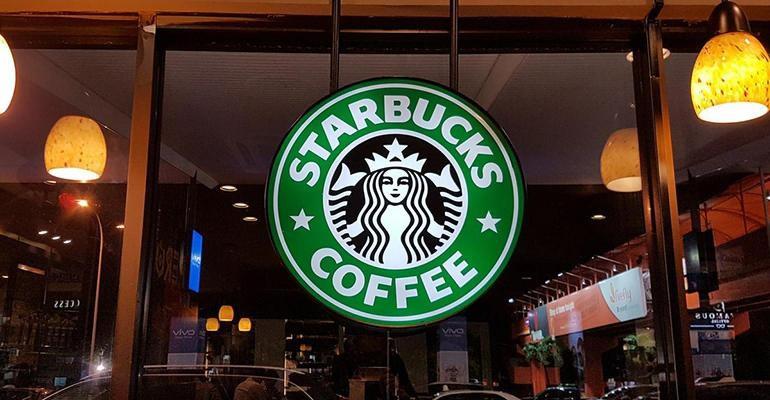Although the first quarter is usually one of the highest-performing times of the year for Starbucks — including both pumpkin spice and red cup season — Starbucks saw a traffic downturn for the quarter ended Dec. 31, 2023, with North America comparable sales up only 5%, driven mostly by menu price increases.
During the Starbucks earnings call on Tuesday, CEO Laxman Narasimhan pointed to the Israel-Palestine conflict as a source of friction in both the Middle Eastern markets and in the U.S., where there have been calls for boycotts of Starbucks from supporters on both sides of the conflict. Narasimhan also explained that slower spending in China contributed to headwinds for the quarter — an issue that was highlighted by Luckin Coffee overtaking Starbucks as the number one coffee chain in China this November.
Starbucks has been caught in the crossfire of the contentious reactions to the Israel-Palestine conflict since October, when the company’s union, Starbucks Workers United, posted a “Solidarity with Palestine” image on the social media site X with a photo of a bulldozer operated by Hamas tearing down a fence in Gaza. The post was later deleted, but it had already provoked the ire of Israeli-Americans and supporters of Israel.
Starbucks later released a statement distancing itself from its employees’ union, stating that the company is “deeply troubled” by Workers United’s “spread of misinformation” on social media, which in turn prompted boycotts from Palestinian-Americans and supporters. That week, Starbucks filed a legal complaint against Workers United, asking that legal action be taken against Workers United for using its name, logo, and likeness, claiming that the company’s trademark rights have been violated.
Workers United has not stopped using Starbucks in its name and logo, and the company has taken to generally “condemning violence against the innocent, hate, and weaponized speech” Narasimhan reminded investors during Tuesday’s earnings call. The company is also focused on pivoting to bring once-loyal customers back into the fold.
“We feel very confident about our robust plans to address these challenges,” Narasimhan said during Tuesday’s earnings call. “While we are already seeing traction, there was an impact in the quarter and it will take some time to normalize… In the US, we implemented targeted offers aimed at bringing our occasional customers into our loyalty program.”
He added that to address the negative traffic in November, particularly during the afternoon daypart, Starbucks utilized the analytics from the company’s Deep Brew AI tool to incentivize rewards members to come back in with personalized rewards, which led to a traffic rebound in December. Starbucks also stated that the company will begin pushing menu innovation, including new platforms, as well as loyalty program enhancements to entice would-be loyal customers.
“We're focused on ensuring that we do the right thing in terms of welcoming back our very occasional customers with the right offer, with the right innovation, and with the right experience in stores,” Narasimhan said.
Starbucks’ net revenues were up 8% in Q1 to a record $9.4 billion. The company’s net income for Q1 increased 18.5% from $855 million or $0.74 per share to $1.02 billion or $0.90 per share. The company opened 549 net new stores in Q1, ending the quarter with 38,587 stores globally.
Contact Joanna at [email protected]





